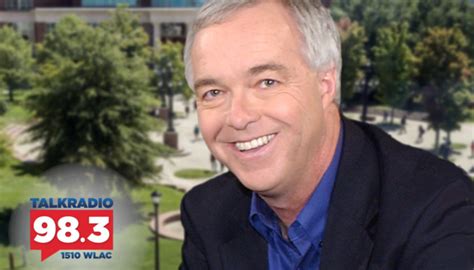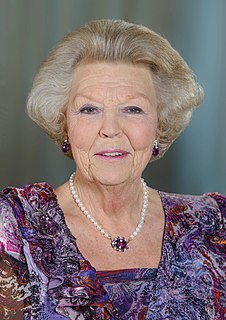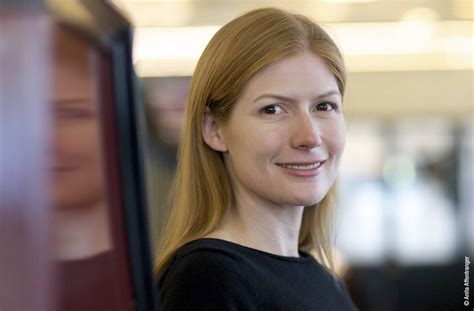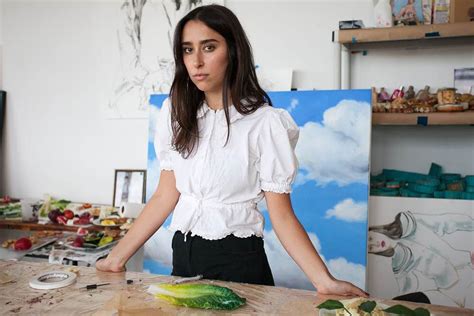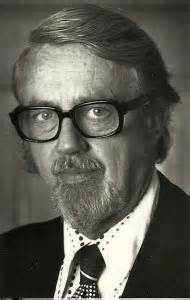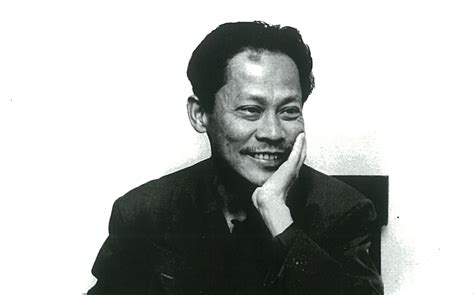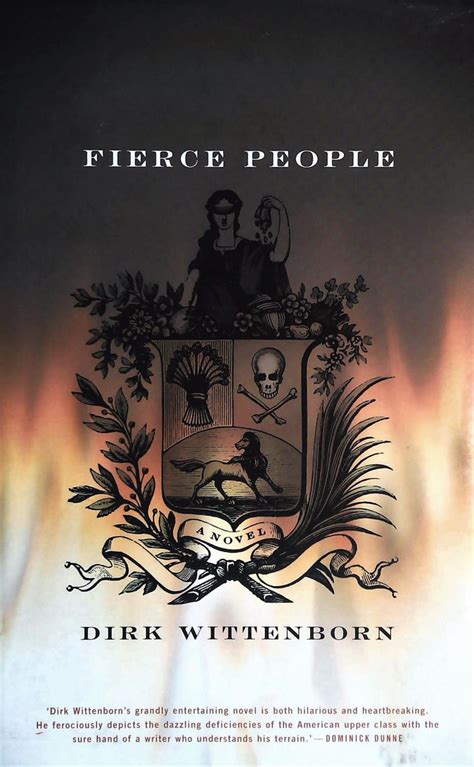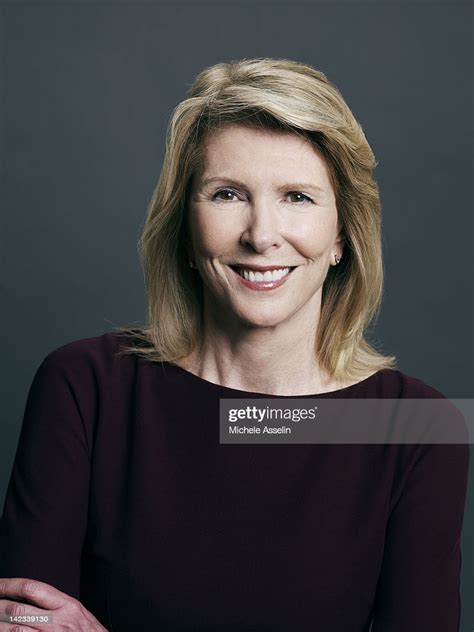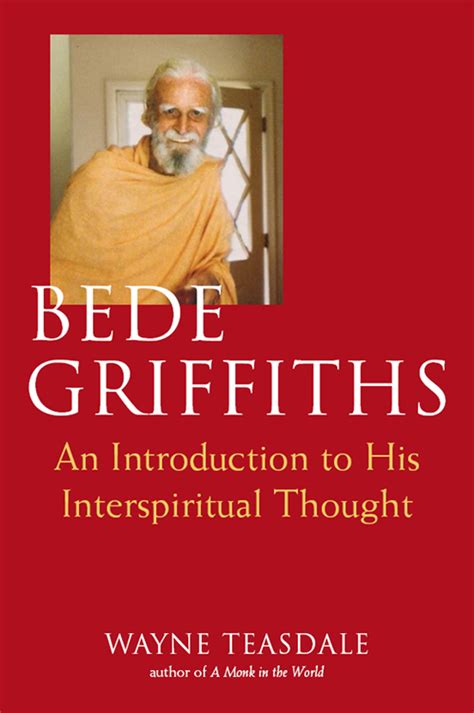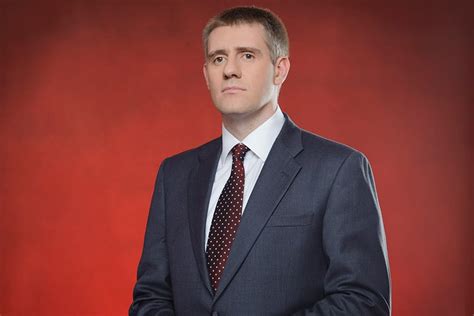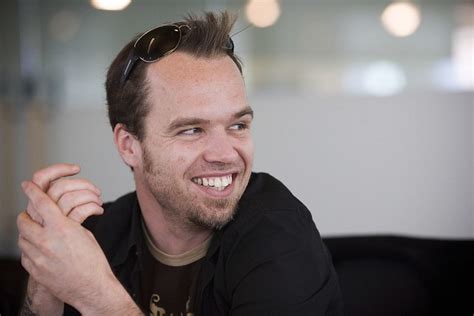A Quote by Ken Paulson
Steven Tepper's Not Here, Not Now, Not That! offers invaluable insights into how social change and uncertainty drive protests over art. With fresh data and perspectives, Tepper makes a compelling case that cultural conflicts are largely homegrown, tied to each community's shifting demographics and values. It's an eye-opening work.
Related Quotes
The problems of this world are so gigantic that some are paralysed by their own uncertainty. Courage and wisdom are needed to reach out above this sense of helplessness. Desire for vengeance against deeds of hatred offers no solution. An eye for an eye makes the world blind. If we wish to choose the other path, we will have to search for ways to break the spiral of animosity. To fight evil one must also recognize one's own responsibility. The values for which we stand must be expressed in the way we think of, and how we deal with, our fellow humans.
In this particular historical moment, the notion of conjuncture helps us to address theoretically how youth protests are largely related to a historically specific neoliberal project that promotes vast inequalities in income and wealth, creates the student-loan-debt bomb, eliminates much-needed social programs, eviscerates the social wage, and privileges profits and commodities over people.
When they started to drain a swamp where birds and fish had lived, for a new housing development down the road from his apartment, Steven watched the protests and the preparations with interest. The bird people were furious, the developers unmovable, and Steven was filled with relief that the fight wasn't his. Nothing here was his... He thought there should have been something sad about how little he was tied up with the place, but instead it felt like freedom. He was free because it wasn't his water here, and they weren't his fish.
I think art is beautiful. It's decoration and adornment. But art is also a really important vessel for social change, and social change begins with thought. And so if you can find humor in something and take a moment to rethink it, you can take a step back and look at your values from a different angle. I think that's a really important way of carrying on with life. I think the best art for me is funny and the best comedy for me is art. Some of my favorite artists are comedians. Comedy is art, and art can be comedy, and the intersection is vital - at least for my own work.
Now culture being a social product, I firmly believe that any work of art should have a social function to beautify, to glorify, to dignify man... Since any social system is forced to change to another by concrete economic forces, its art changes also to be recharged, reshaped, and revitalized by the new conditions... The making of a genuine artist or writer is not mysterious. It is not
the work of Divine Providence. Social conditions, history, and the people's struggle are the factors behind it.
Madness in Civilization is a brilliant, provocative, and hugely entertaining history of the treatment and mistreatment of the mentally ill. Packed with bizarre details and disturbing facts, Andrew Scull's book offers fresh and compelling insights on the way medicine's inability to solve the mystery of madness has both haunted and shaped two thousand years of culture. Required reading for anyone who has ever gone to a shrink!
My generation was going to change the direction America took. I was completely convinced that we would have a very different kind of society as a result of the protests that I was part of, and I think that's partially true. We obviously never really got to what many of my generation believed was possible, but the amount of change I've seen in my lifetime, both social change and political change, is staggering. I think my generation can take a little bit of credit for that by just opening up the conversation.
Cultural diversity and cultural change are desirable and inevitable. We are cultural animals, someone without a culture is not human. But the cultures we possess vary enormously. Indeed, the variability, over time and space is the great evolutionary advantage of humanity. Instead of changing biologically over millennia, human beings can change culturally over decades
My greatest passion has always been connecting with creative people, appreciating the artistic and discovering fresh perspectives on the world. I came on board to use my experience in building an international community of photographers, illustrators and video artists at iStockphoto who learned, grew and sold their work to millions around the world. Building a community that large requires personality, a keen sense of what both the contributing artists and the buying audience need, and an ability to balance both. I wanted very much to transfer those skills to the fine art world.
